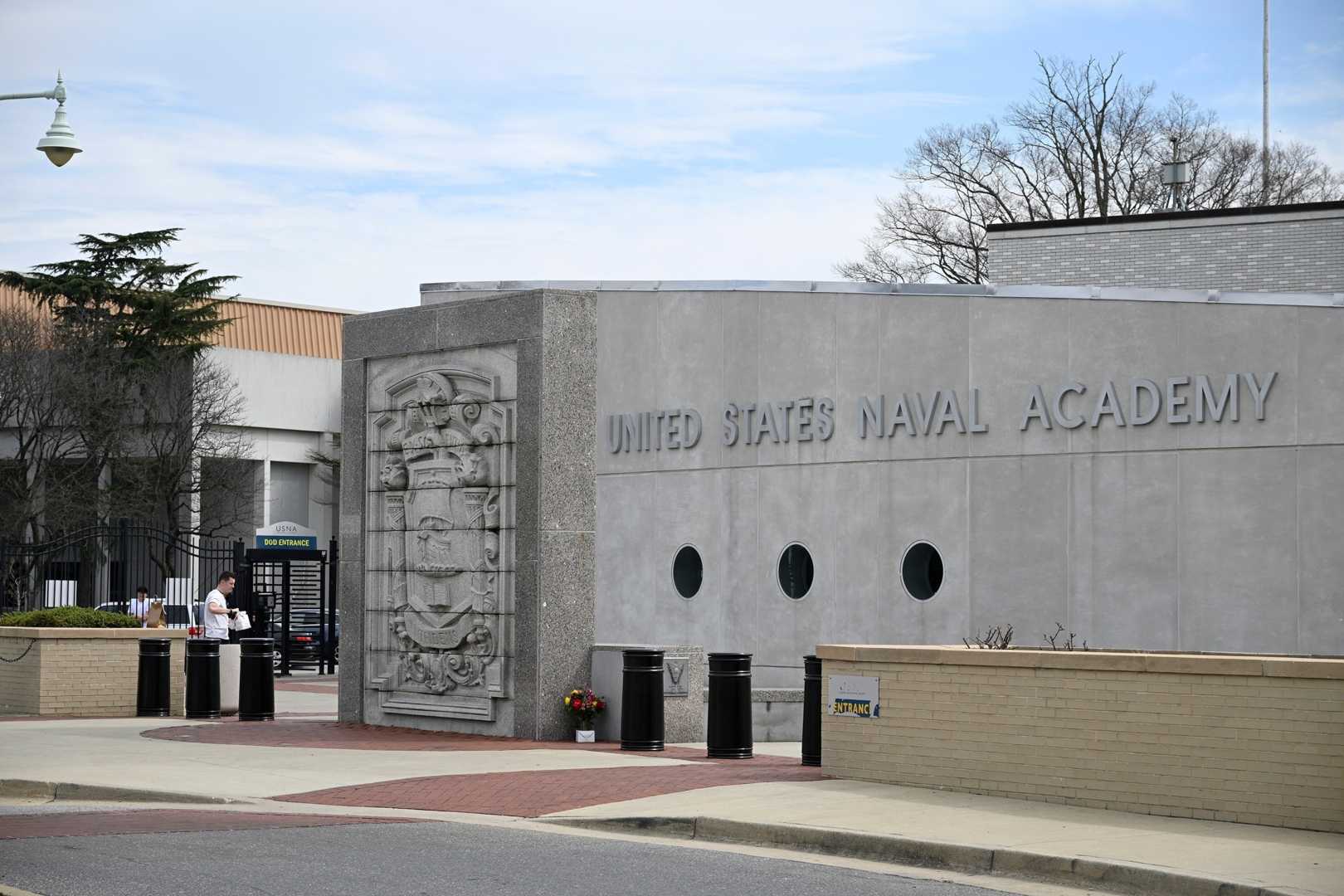Education
U.S. Naval Academy Removes Hundreds of Books Amid Censorship Criticism

ANAPOLIS, Md. — The United States Naval Academy has recently come under scrutiny for its decision to remove nearly 400 books from its Nimitz Library, including notable works addressing race, gender, and national identity. This book culling has attracted widespread attention, highlighting concerns over freedom of expression and potential censorship.
As part of a directive linked to President Donald Trump’s executive order on educational content, the academy has taken steps to comply with policies aimed at eliminating materials deemed as promoting “discriminatory equity ideology”. According to Cmdr. Tim Hawkins, a spokesman for the Naval Academy, the removed books were not banned outright but have been rendered “not immediately available,” being placed in a restricted area.
The list of purged texts includes well-known titles such as “I Know Why the Caged Bird Sings” by Maya Angelou and “How to Be an Antiracist” by Ibram X. Kendi. As a result of exhaustive keyword searches within the library catalog, approximately 900 books were flagged during an initial review, narrowing down to around 400 books ultimately selected for removal, as stated by Hawkins.
This action is part of a broader trend across military academies, reflecting confusion and ambivalence among educational leaders over compliance with new directives. Katherine Kuzminski, director of Studies at the Center for a New American Security, expressed concern over the lack of clear criteria surrounding the removals, stating, “It leaves leadership scrambling — how do we ensure compliance without being accused of overcorrecting?”
Critics are raising alarms about the implications of these removals. Richard Kohn, a military historian and former chief historian for the Air Force, described it as a “cleansing” initiative revealing a lack of confidence in the current administration. “They are determined to appeal to their MAGA constituency by rolling back decades of progress on race, religion, and diversity,” Kohn said.
Rep. Adam Smith and Rep. Chrissy Houlahan, both Democrats, labeled the removals of academic materials as a “blatant attack on the First Amendment” in a letter addressed to key military officials. They demanded clarity on the process behind the selections and called for an immediate halt to the removals.
Responses from the Naval Academy and other military institutions have been measured. A spokesperson confirmed the removal of nearly 400 books from the collection while emphasizing the library’s extensive holdings, which include over 590,000 print books and numerous academic resources. The Naval Academy’s stated mission is to develop Midshipmen morally, mentally, and physically.
In similar actions, the U.S. Air Force Academy is reportedly reviewing its curriculum to ensure adherence to executive orders regarding diversity, equity, and inclusion, in addition to their compliance with removal directives. Military academics, however, have voiced concerns that these policies could undermine intellectual development and the capacity for critical thinking among cadets.
<p"You can’t make ideas safe for people, but you can make people safe for ideas," Kohn warned. Former U.S. Air Force Col. Thomas Keaney echoed similar sentiments, arguing that exposure to a range of ideas is crucial for developing discerning leaders.
Despite the intent behind these removals, concerns linger over the message being conveyed to aspiring military leaders. Critics argue that limiting access to such significant works compromises the educational opportunities available at the academy, potentially shaping future military thought and doctrine.












